Today I’m sharing 5 great reasons to have your dog’s teeth cleaned by a veterinarian!
Dental health is important for both humans and dogs. Just like us, dogs can suffer from oral diseases, tooth decay, and gum disease if their teeth aren’t cleaned on a regular basis.
The American Veterinary Dental College recommends that all dogs have professional teeth cleaning at least once a year.
I’ve also just been through this with 3 dogs (yes, three!) and have some tips and advice to share.
It’s normal to feel nervous about putting your dog under anesthesia, especially when you don’t know what to expect. I’m going to clear that all up for you today!
How Often Should I have my Dog’s Teeth Cleaned by a Veterinarian?
The short answer is: it depends. Factors affecting how often your dog needs a teeth cleaning include their age, breed, and overall oral health.
Your veterinarian can help you determine how often your individual dog should have a professional dental cleaning.
Some dogs require more frequent cleanings than others, even if you are diligent about brushing at home!
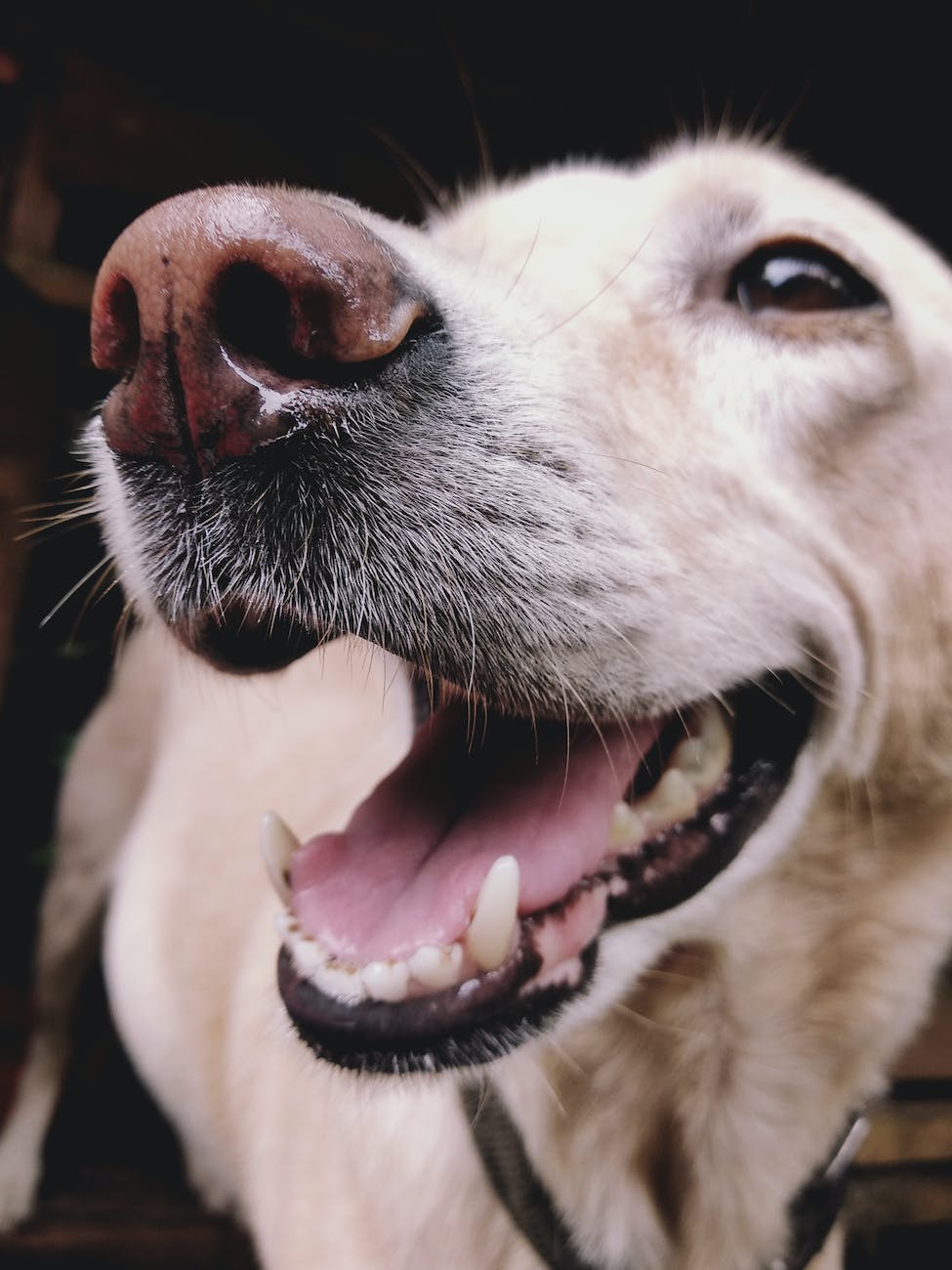
#1 – Dog Dental X-Rays
Your dog’s teeth may look clean and healthy on the surface, but there could be problems lurking below the gum line.
A big part of a veterinarian’s job is to prevent problems before they start, and one way to do that is by taking dental x-rays.
These are done as part of the dental cleaning, while the dog is sedated.
Dental x-rays allow your veterinarian to clearly picture your dog’s teeth, gums, and the bones that support them. This is important because many dental problems (such as tooth decay or infection) can’t be seen with the naked eye.
If your veterinarian finds anything concerning on the x-ray, they will call you to approve additional treatments (while your dog is still under anesthesia).
In my case, one of my three dogs had decay below the gum line in one tooth. Brushing would never have caught it, and it wasn’t visible to the naked eye.
I approved a tooth extraction over the phone, which added about $75 to my total expense for the procedure.
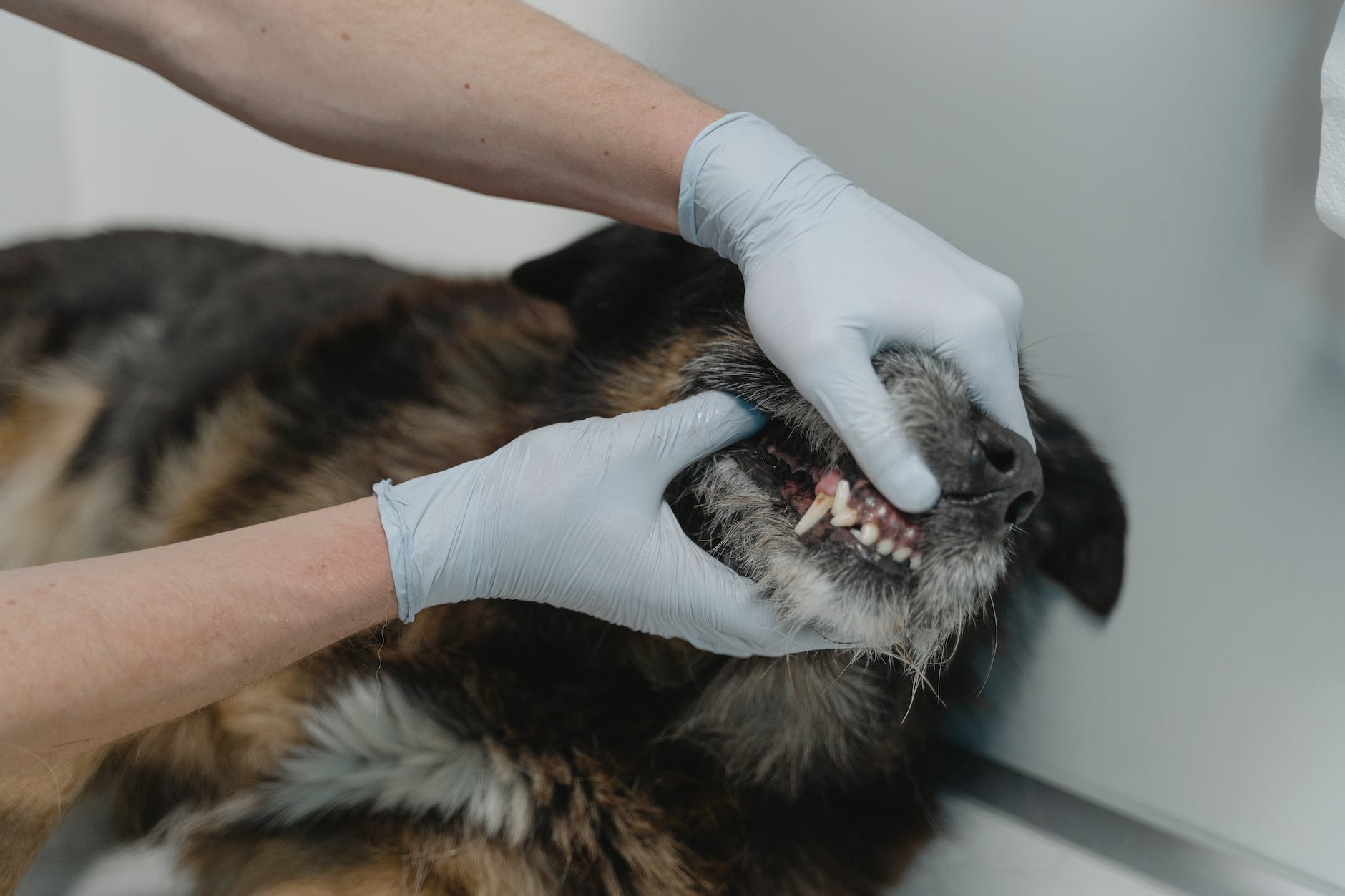
#2 – Cleaning below the Gum Line
Dental disease is one of the most common diseases in dogs, affecting over 80% of dogs by the time they’re three years old.
That’s why it’s so important to have your dog’s teeth cleaned on a regular basis – to prevent problems before they start, and to catch any early signs of dental disease.
A professional teeth cleaning will remove tartar and plaque above and below the gum line, which you can’t do.
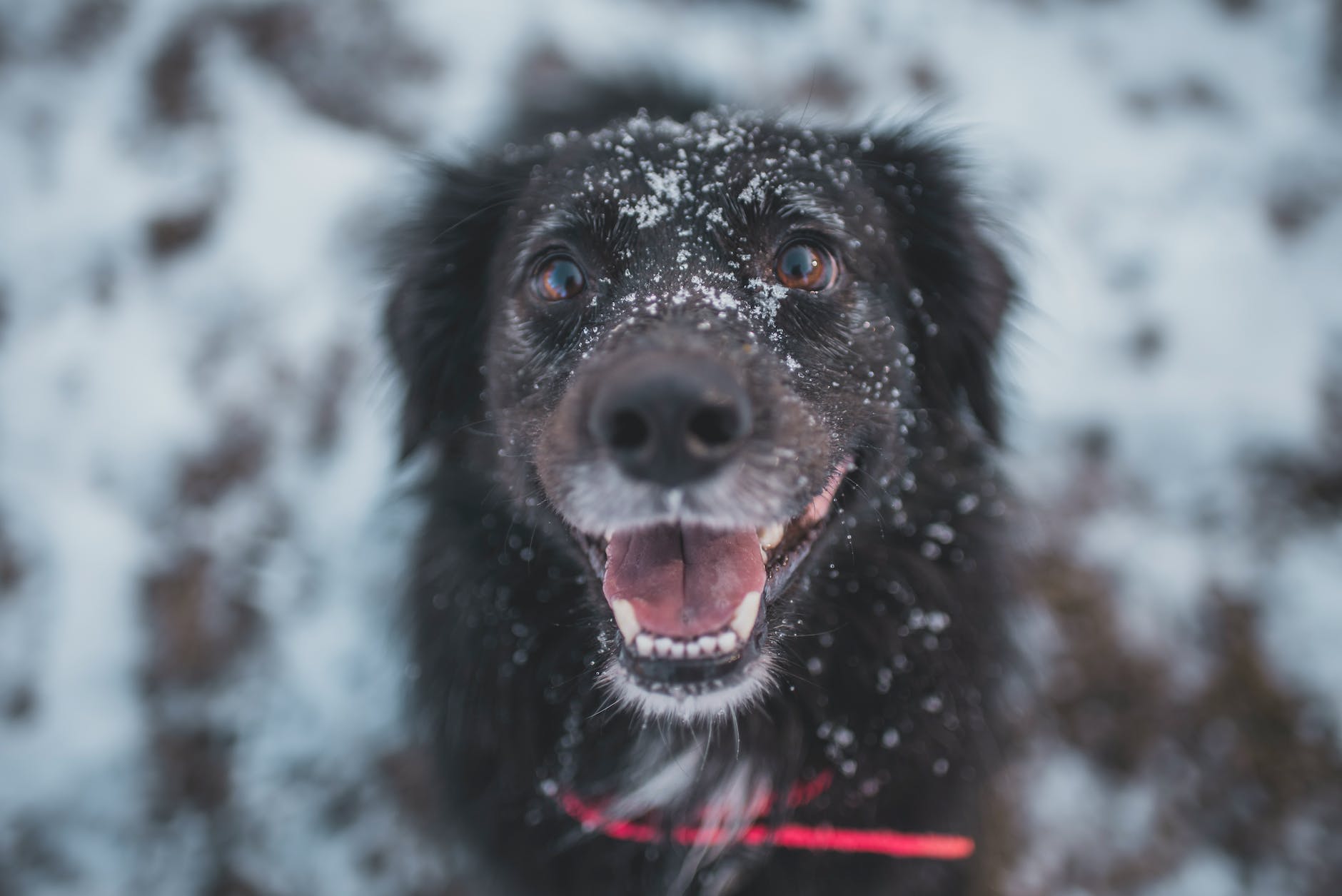
#3 – Minimize Health Problems
Diseased teeth in your dog’s mouth can lead to serious health problems, including infection, tooth loss, and even damage to the heart, liver, and kidneys.
That’s why it’s so important to have your dog’s teeth cleaned on a regular basis – not only for their dental health but for their overall health as well.

#4 – No More Pain
Many behavior problems are actually related to health and wellness! Dogs that are in pain are more likely to act depressed, cranky, or aggressive.
If your dog has dental disease, they’re likely in a lot of pain. Dogs hide their pain well, and it’s easy to miss the subtle signs.
A professional teeth cleaning will relieve that pain and help your dog feel (and act) normal again.
My dog that had to have his tooth pulled had become growly and noisy when being petted by strangers. This is not like him, he loves people! He wasn’t being aggressive, he was talking a lot, though.
Following his dental procedure, that behavior went away. He’s back to being his sweet, loving self.
Your dog may be in intense pain, but has no way to tell you. It can be easy to miss!
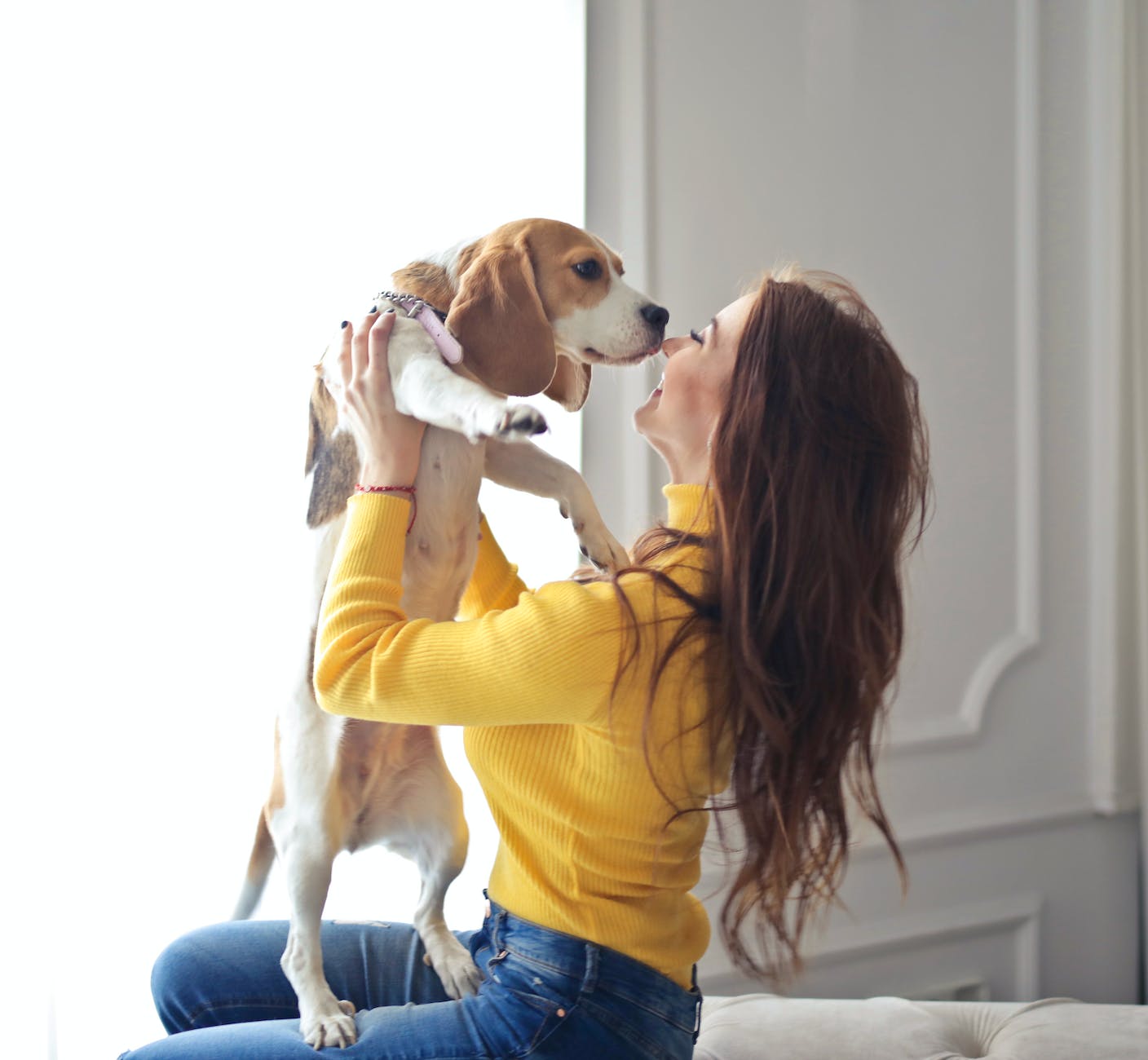
#5 – Fresh Breath
As an added bonus, a veterinary dental cleaning = fresh breath!
No more stinky dog breath caused by slimy, gunky teeth. This is good for you and your dog (who no doubt does not want to live with that nasty bacteria stinking up their mouth every day).
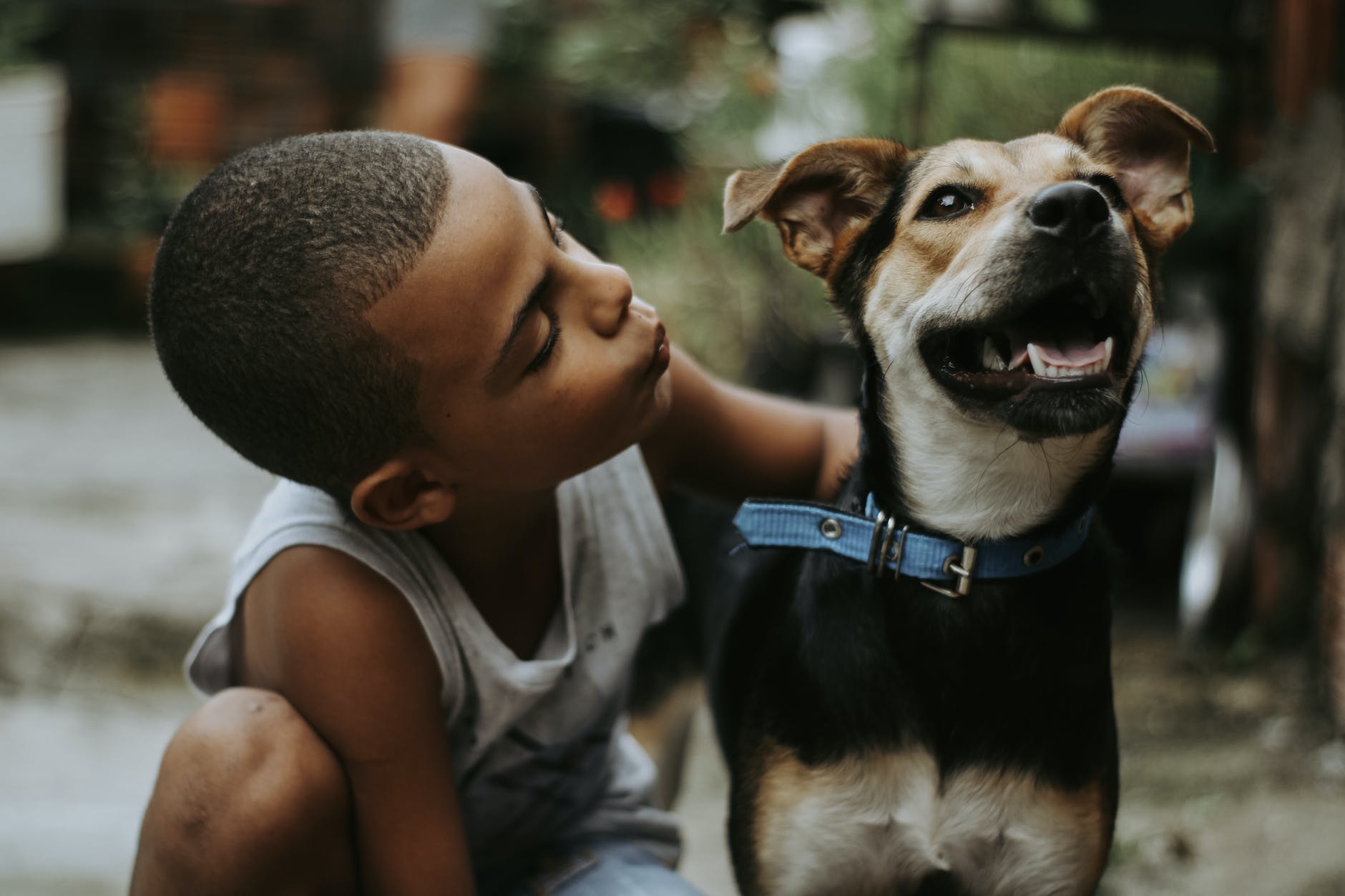
Veterinary Teeth Cleaning vs. Sedation-Free Cleanings
Many boutique pet stores and dog training facilities offer clinics where you can have your dog’s teeth cleaned without sedation.
I have never done this, but I can see how it would be appealing – less expensive and no anesthesia risks.
However, from what I’ve been told by my veterinarian (and many others), these types of cleanings are not as thorough and may even be bad for your dog’s dental health!
Not to mention, they are more stressful for your dog as they are awake and aware of what is happening. This type of cleaning cannot address hidden decay or bacteria below the gum line, either.
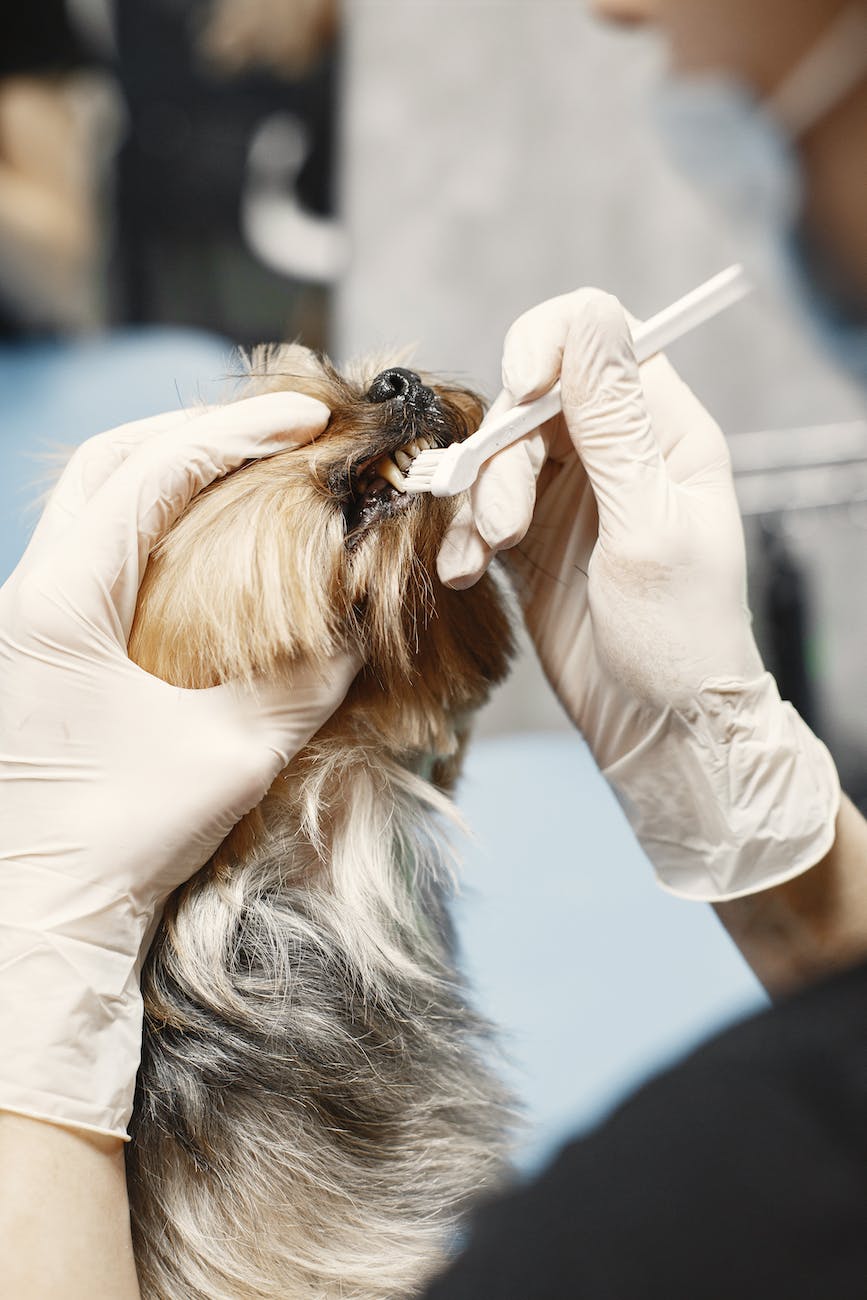
Do veterinarians recommend sedation-free teeth cleaning?
Veterinarians do not recommend sedation-free teeth cleaning.
Having your dog’s teeth cleaned under anesthesia will be MUCH less traumatic for your dog, even though ‘sedation-free dentistry’ is marketed as a ‘gentle’ alternative that sounds appealing to nervous dog owners.
Think about this for a moment: many humans require sedation for even basic dental work. We are often nervous about dental work, even though we have much more control over the process and our understanding of it than dogs do!
To put this bluntly, sedation-free dental cleanings for your pet’s teeth are NOT necessarily gentle, humane, or stress-free. Even if they were, they only address the plaque and tartar on the visible part of the tooth, not what is below the gum line. Periodontal disease may very well still be a major problem for your dog.
This is all, of course, assuming that your dog is an ideal candidate (is in good health and does not have a fractured tooth or excessive decay) and doesn’t wiggle, struggle, or stress during the procedure.
Even if your dog is a perfect candidate, after you pay $300 to have your dog’s teeth cleaned without anesthesia, your dog will still have bacteria lurking, ready to grow, and continuing to cause bad breath and decay.
Yikes.
Many dogs require more care to remove tartar build-up and dental plaque than can be provided by anesthesia-free dentistry, costing you more in the long run for proper dental care.
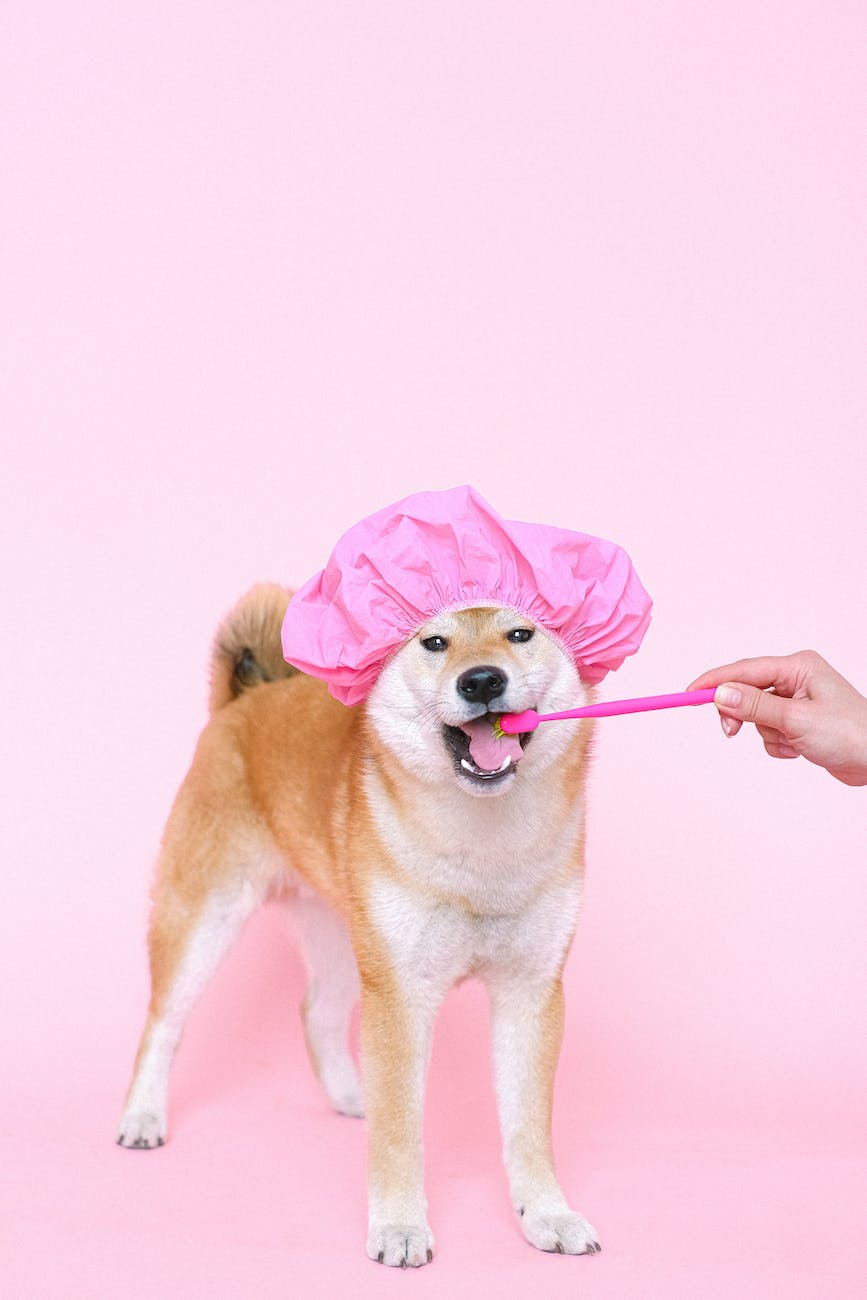
Dog Teeth Cleaning What to Expect
Once you’ve decided to get a dental cleaning for your dog, it’s time to prepare! Knowing what to expect will make the process much smoother and less stressful for both of you.
Dog Dental Surgery Pre-Op
It is very important that your veterinarian do a physical exam and bloodwork prior to dental surgery.
This is necessary to check for any underlying medical conditions that could cause problems during anesthesia. Do not skimp on blood work!
Your veterinarian will also perform a quick, easy dental examination to assess your dog’s overall dental health and to make sure that there are no obvious problems that need to be addressed prior to anesthesia.
Contrary to popular belief, old age does not mean that a dog shouldn’t have anesthesia! Many times, the benefits of regular dental cleanings far outweigh any risks associated with general anesthesia.
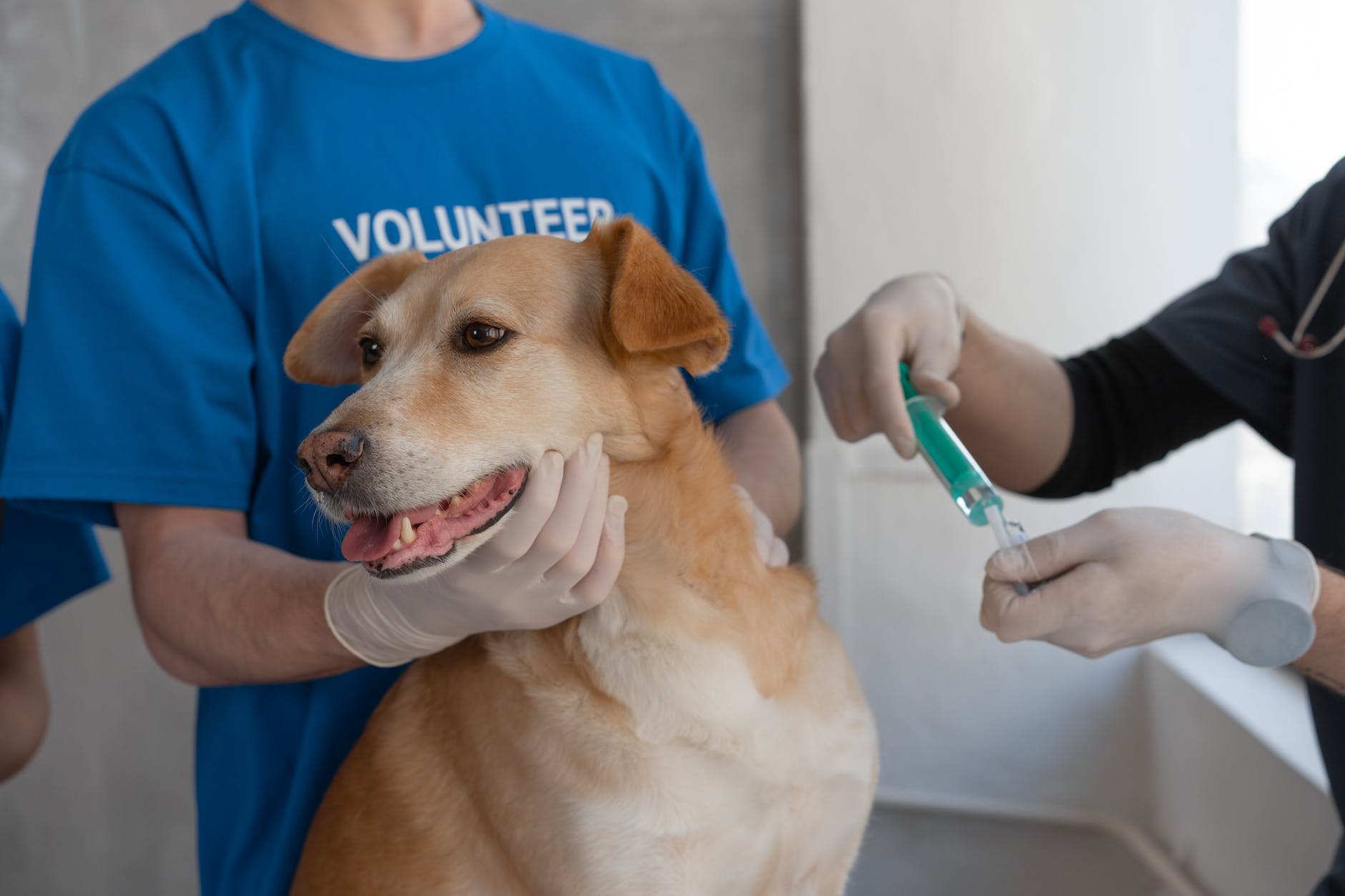
What to Expect on the Day of Surgery
Your veterinarian will provide you with information regarding their protocols. Most of the time, they will request that your dog has no food for a period of time prior to the professional cleaning.
This is because anesthesia can cause vomiting, and they want to avoid any risk of your dog aspirating (breathing in) food or water.
Your veterinarian or a technician will also go over the risks and benefits of the procedure with you. You will leave your pet with the veterinarian for the procedure, and depending on how your veterinary clinic operates your pet will likely be with them for most of the day.
When it’s time for your dog to undergo the procedure, the veterinarian will perform a last-minute pre-op exam and review notes about your dog.
Veterinary technicians will monitor your pet’s vital signs and following x-rays, the veterinarian (or a highly trained technician) will perform the dental cleaning. They will review the x-rays, and look for signs of periodontal disease and fractured teeth. They will also remove plaque and tartar and polish the teeth.
If extractions are needed, the veterinarian will perform those as well as look for any other dental issues that might need to be addressed.
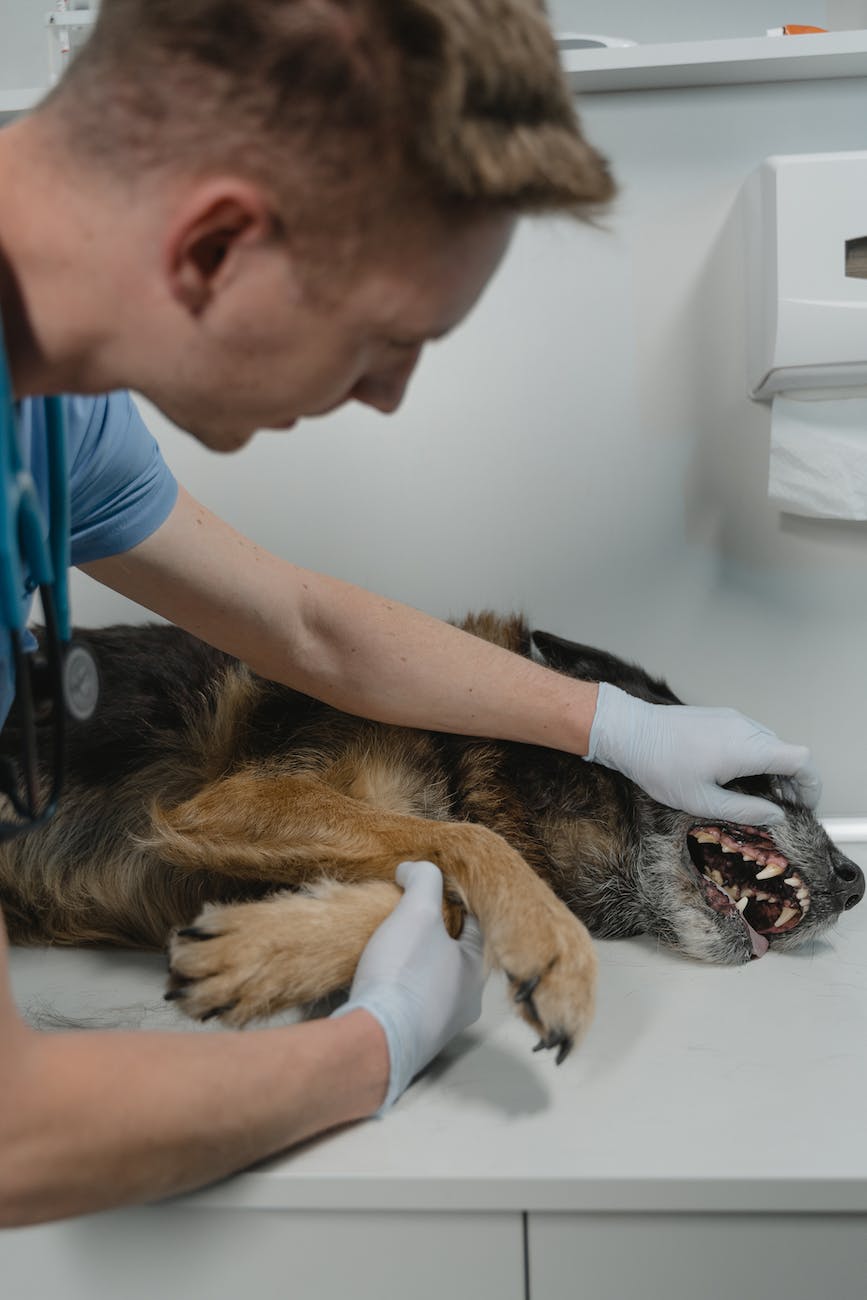
Recovering from a Veterinary Dental Cleaning
Following dental procedures, most dogs need several hours to move the anesthesia out of their system.
They may be nauseous, tired, or unstable when you first get home. While your pet is recovering it is helpful to keep them calm and follow the instructions that your veterinarian gave you for medications, food, water, and rest.
Most pets are up and moving fairly quickly. By the next day, you’d never know they’d had a professional dental cleaning (other than their shiny, clean, beautiful new teeth)!
If your dog had one or more teeth removed, it may have stitches and will have to be on a soft diet for at least 7 days. Your veterinarian may also have prescribed antibiotics and pain medication.
I recommend a food that will provide all of the necessary nutrients needed for healing and robust health.
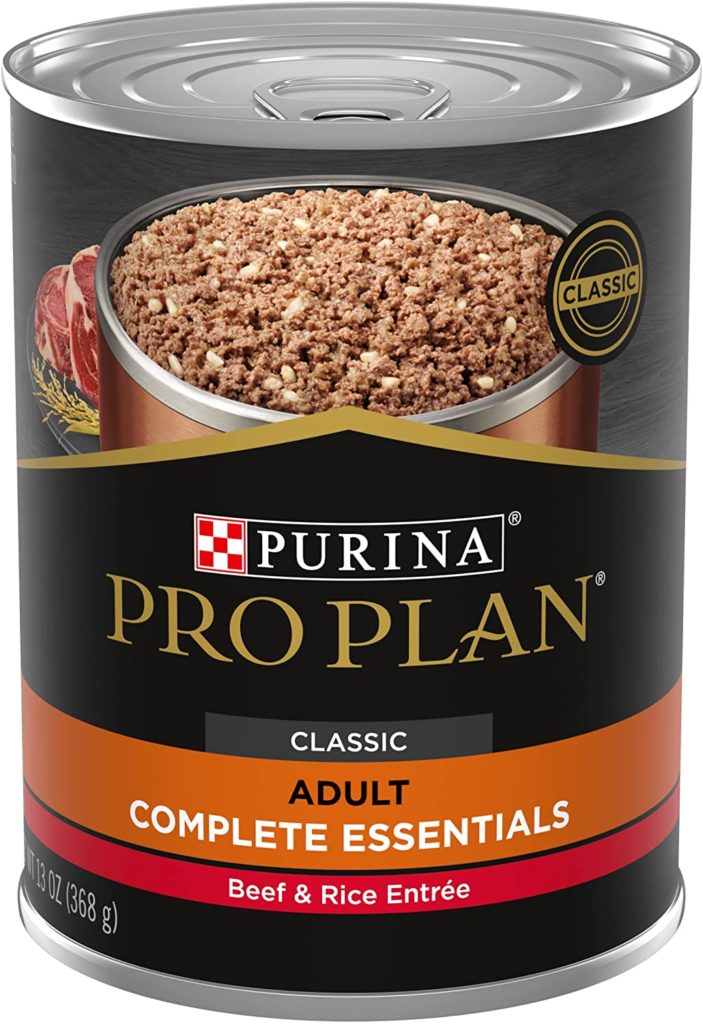
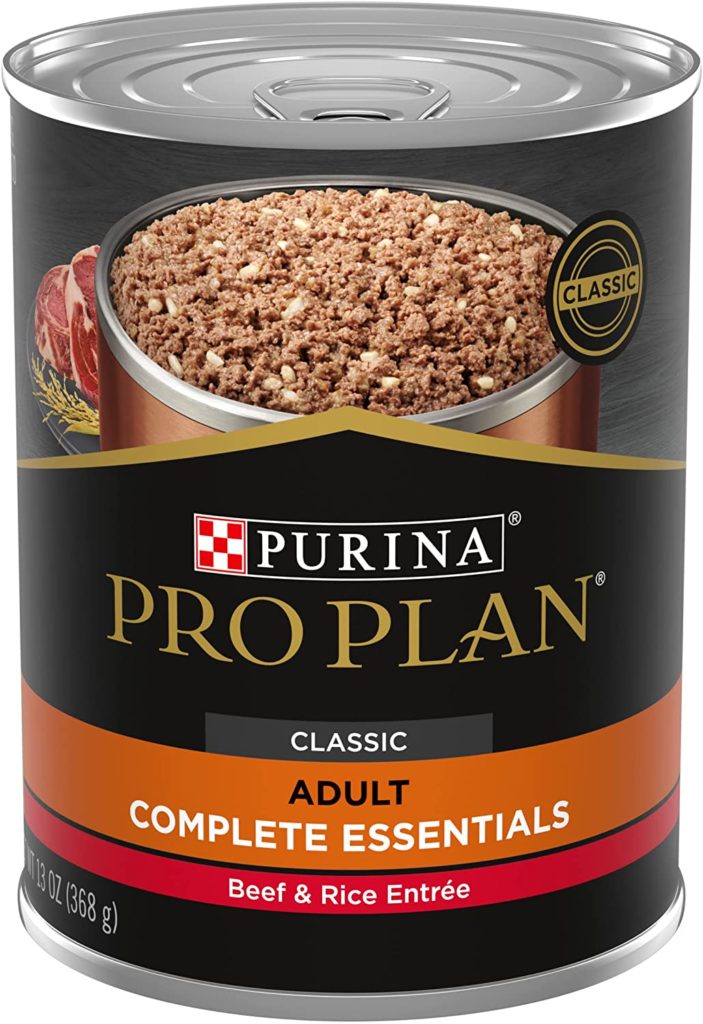

Most veterinarians will recommend a follow-up visit, in this case, to make sure that everything healed up correctly.
They will also discuss best practices for home care, including how to prevent periodontal pockets and the buildup of plaque and tartar, so that your investment in dental cleaning pays off.
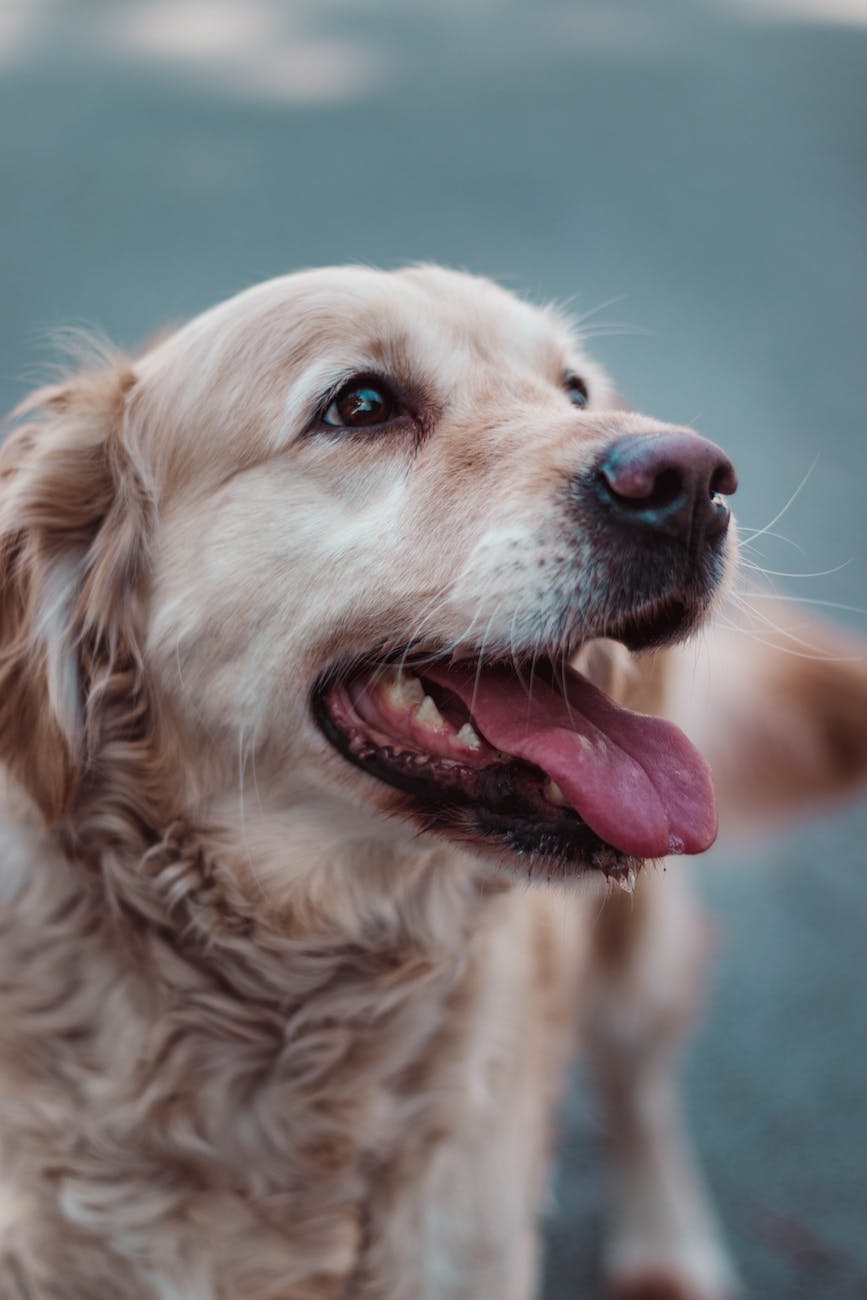
How Do I Take Care of my Dog’s Teeth?
It is important to brush your dog’s teeth regularly, just like you brush your own!
Bad breath is just one sign of poor dog dental care, not to mention tartar buildup. Most pet owners, unfortunately, don’t spend enough time on this important aspect of pet health and their dog’s well-being.
So how should you take care of your dog’s teeth?
You can use a special dog toothbrush and toothpaste, or there are even finger brushes that you can slip over your finger to help make the process easier.
Most dogs are receptive to this process, but if your dog isn’t, we’ve included some training tips below.
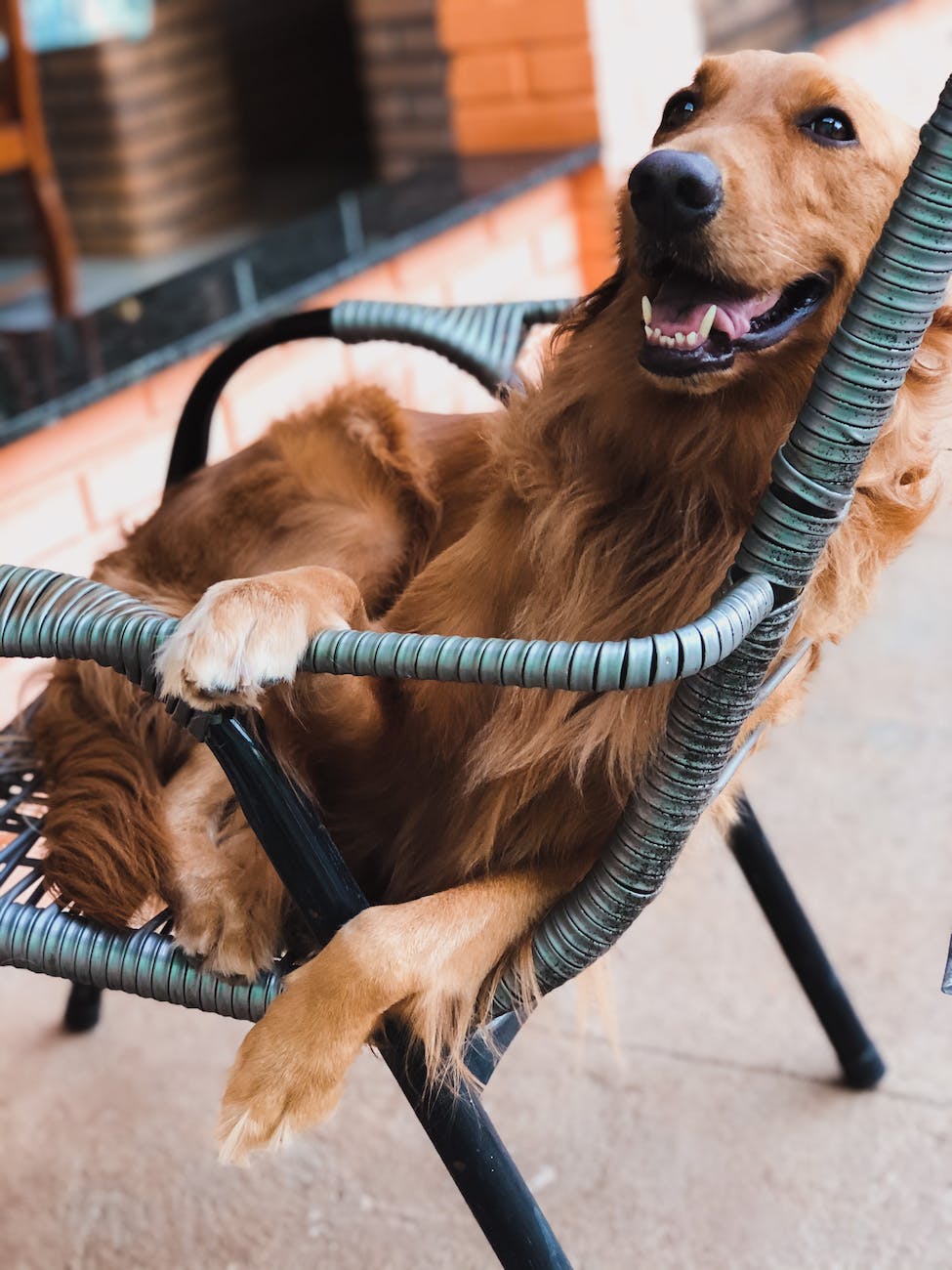
The V.O.H.C.
Any dental care item you choose should be approved by the VOHC (the Veterinary Oral Health Council).
They’ve compiled a helpful list of pet toothpastes and dental care items below:
http://www.vohc.org/VOHCAcceptedProductsTable_Dogs.pdf
There are a few things to keep in mind when brushing your dog’s teeth:
-Start slowly and build up to longer brushing sessions.
-Be gentle! There is no need to force or scold your dog.
-Use round, circular motions and try to give attention to each tooth.
-Make it a positive experience by using lots of calm, loving praise.
-Be gentle with your dog’s mouth.
If you’re not sure how to get started or have a resistant dog, your veterinarian and a great dog trainer can show you how to brush your dog’s teeth properly.
PRO TIP: when addressing puppy biting with your young dog, never use harsh handling techniques such as tapping, pinching, hitting, thumbing, or gagging. These dated training methods encourage puppies to resist having hands near their mouths, which you need to be able to do for safety, exams, and good dental health!
For modern puppy-biting solutions, look HERE.
There are many dog dental products on the market available to combat oral disease, plaque, and tartar.
The best dog dental products are approved by the V.O.H.C., the Veterinary Oral Health Council, which is a similar organization to the A.D.A!
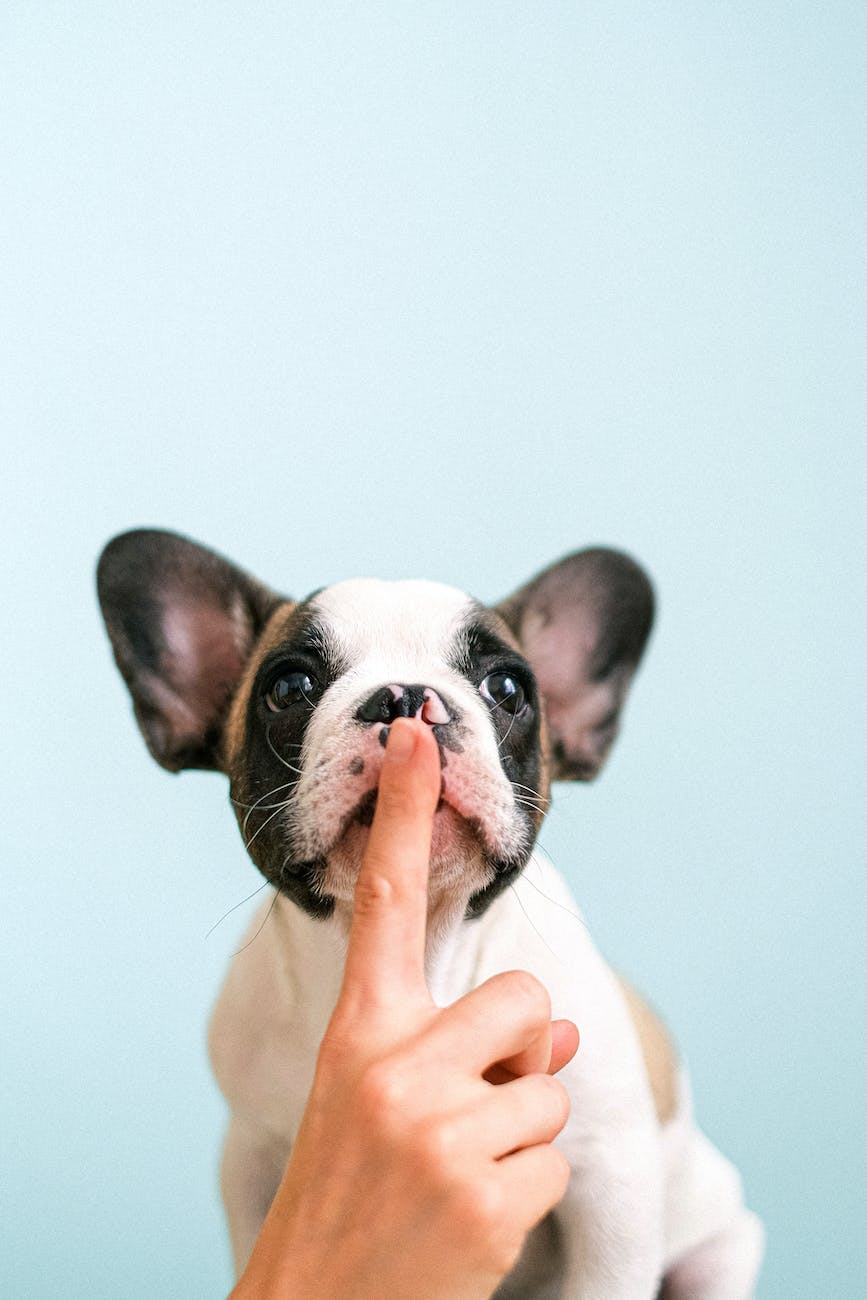
Veterinary Dental Diets
For some dogs that are particularly prone to issues with oral health, a veterinary dental diet can go a long way toward keeping their mouth healthy.
These diets are specially formulated to help reduce tartar buildup and keep your dog’s teeth healthy. They typically require a prescription. Here are some great examples of dental diets:
Purina DH
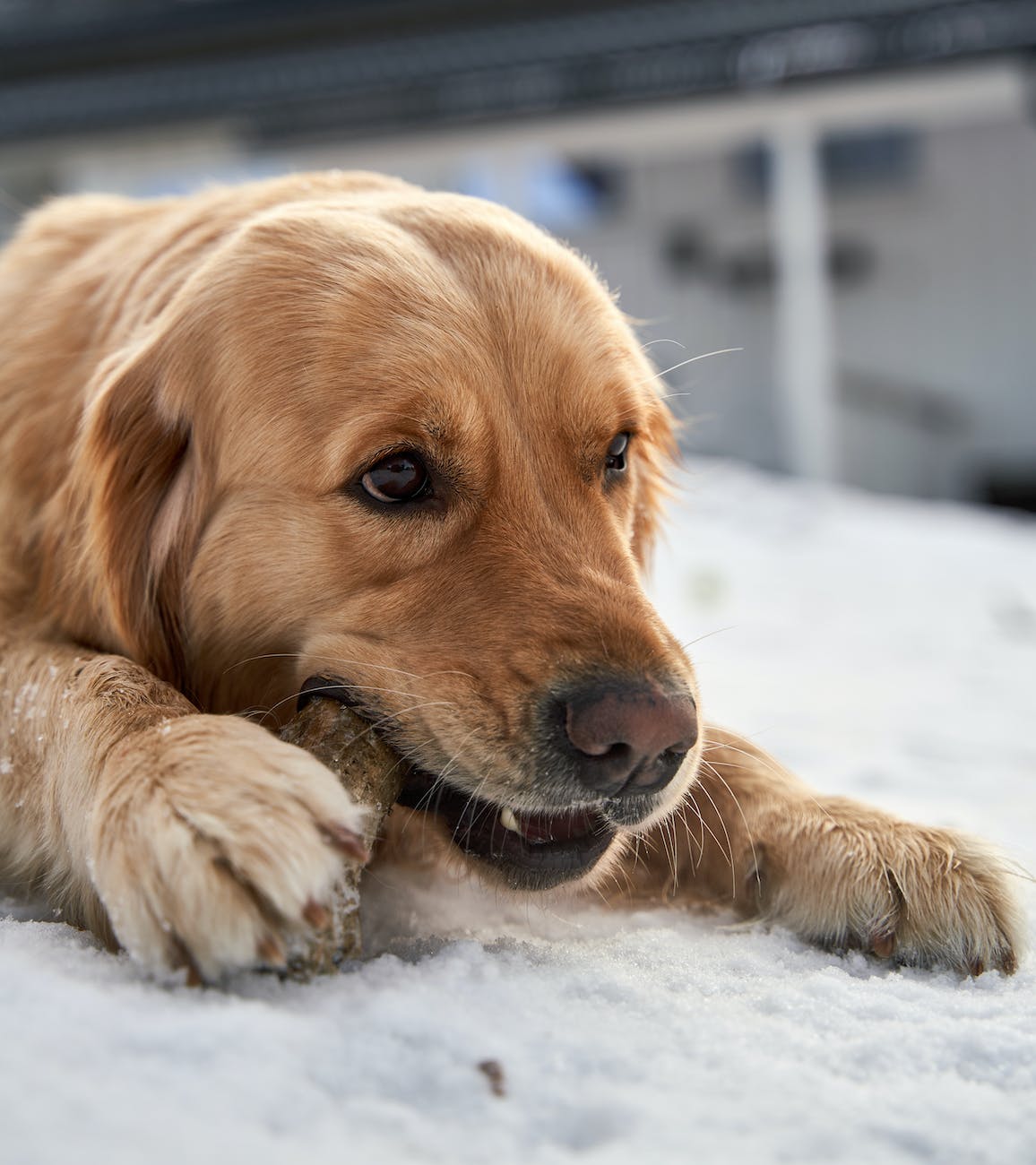
The Best Dental Chews for Dogs
In addition to a good diet, and regular dental cleanings, there are many different types of dental chews available that can help reduce plaque and tartar.
Always supervise your dog when offering dental chews. Do not offer them to dogs that chew quickly and swallow large pieces. Additionally, do not offer chews to dogs that are too small or too large for their size.
Look for dental treats that come with the V.O.H.C. seal of approval! Here are some popular options:
Virback Enzymatic C.E.T. Chews
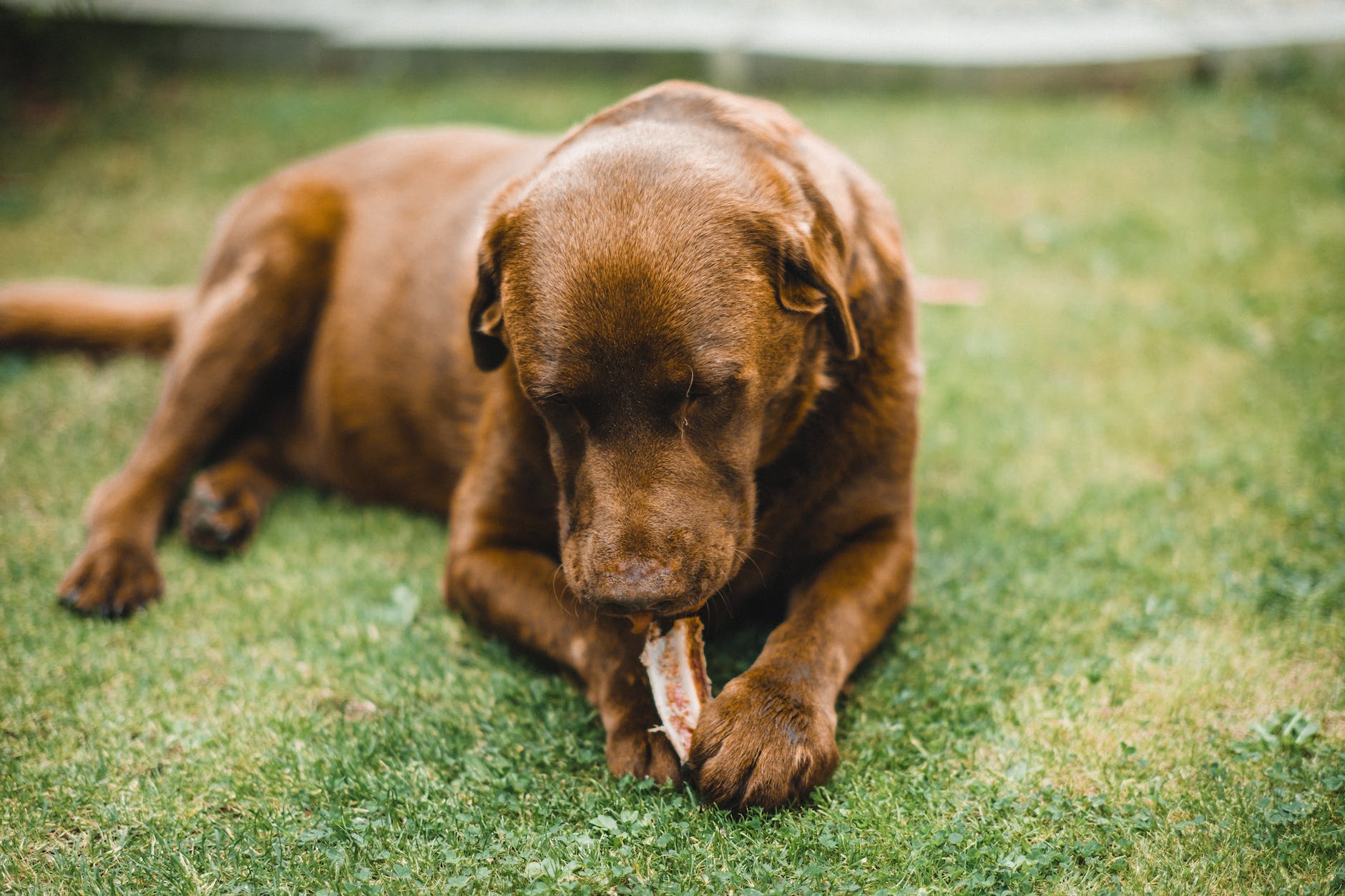
Pet Toothpaste
Never use human toothpaste to clean your dog’s teeth. Human toothpaste often contains xylitol, which is toxic and deadly to dogs. Not only that, the mint flavor may be off-putting to your dog.
Dog toothpaste typically comes in pet-friendly flavors such as pork or chicken, and should be approved by the V.O.H.C. (this information should be on the package).
They will typically be formulated with enzymes and cleaners that target the kind of gunk and tartar buildup that dogs are most prone to.
Here are some of my favorite dog toothpastes:
Virbac C.E.T. Enzymatic Toothpaste
Baking Soda (use sparingly, but works in a pinch)
Dental wipes such as Vet’s Best can be helpful for dogs that are nervous about having their teeth brushed.
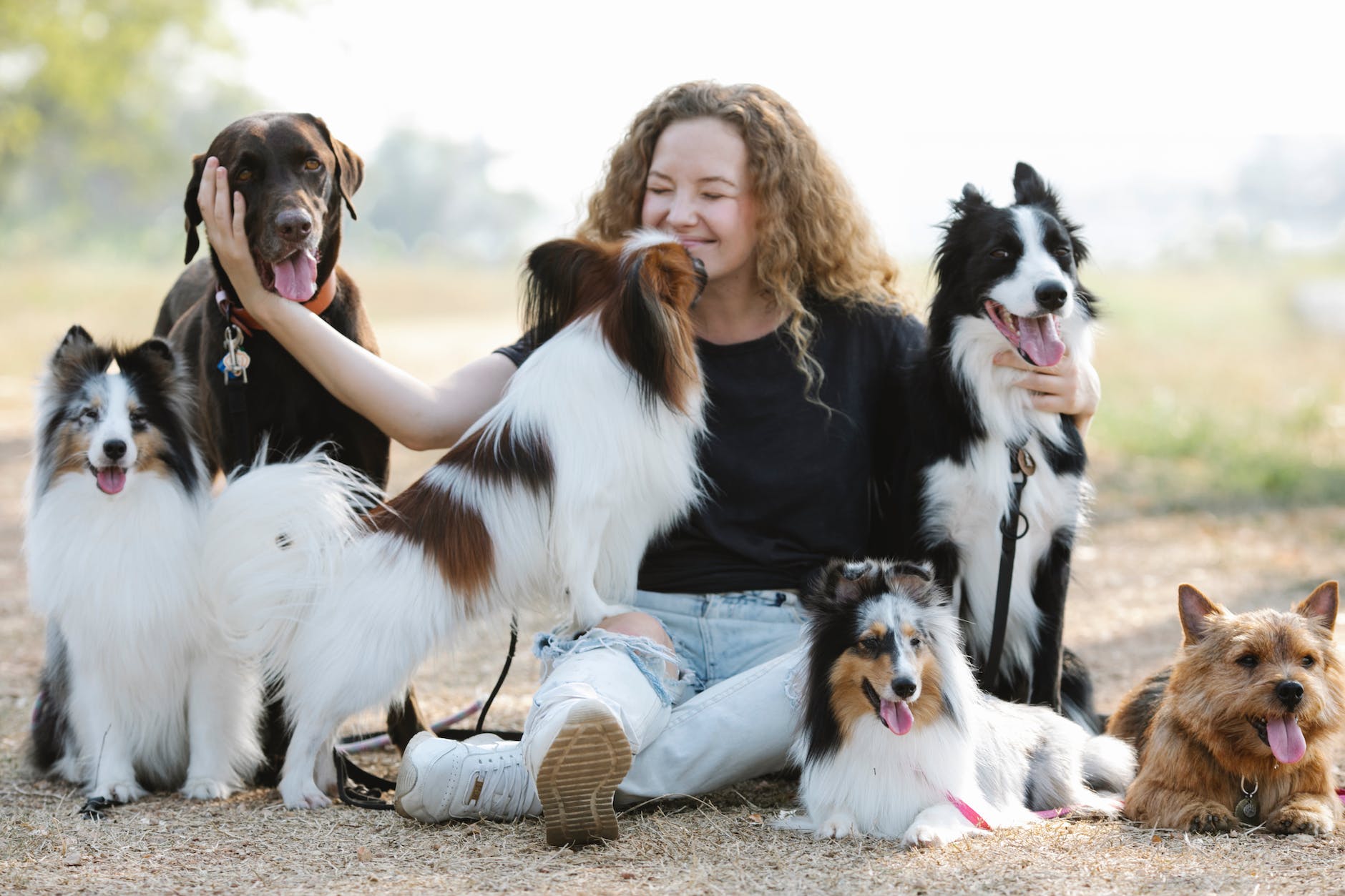
Frequent Dental Cleaning at Home
When it comes to brushing your dog’s teeth, the most important thing is to start early and be consistent. It’s much easier to prevent dental disease than it is to treat it once it’s affecting your dog’s oral health.
If you have a puppy, practice a gentle oral exam daily so that your puppy gets used to it. As before, never use harsh handling techniques which can build resistance to the process!
Brushing your dog’s teeth should be part of your routine, several times a week. Daily is ideal, but we all know how tricky that can be (especially if you have multiple dogs!).
Chews and an appropriate diet can really help prevent tartar accumulation, however, regular veterinary dental cleanings (with anesthesia) and a thorough oral exam should still be performed yearly.
Do you have any more questions about periodontal disease and the process of dental cleaning using general anesthesia?
Leave a comment below! We also recommend Ask a Veterinarian on Facebook, check them out.
Leave a Reply